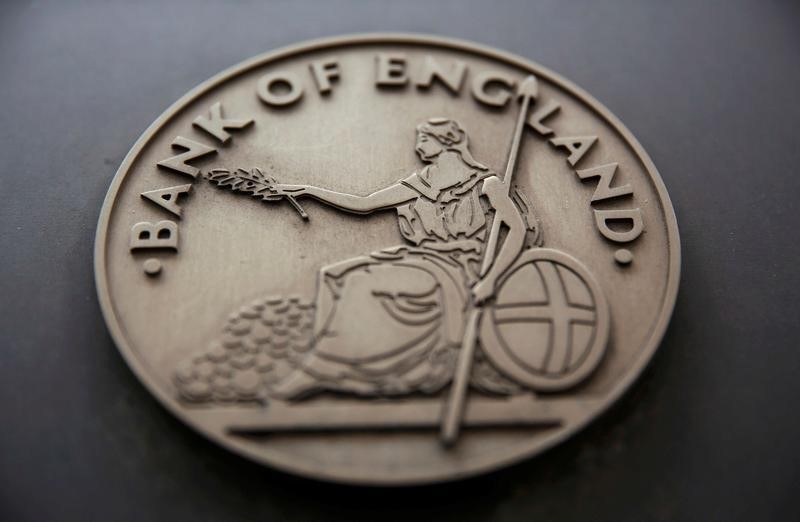By Shrutee Sarkar
(Reuters) - The outlook for the euro zone economy remains stable but lacklustre, a Reuters poll showed, suggesting that for now, the main risks emanating from the UK's vote to leave the European Union are confined to British shores.
To cushion the blow from the June 23 Brexit vote, the Bank of England last week chopped interest rates to a record low and restarted its asset purchase programme and is expected to ease further, putting pressure on the European Central Bank to follow suit with more easing.
But there is scant confidence amongst economists that the ECB has much firepower left after its so far unsuccessful attempts to bring inflation back to its target of close to 2 percent.
The ECB has spent many billions of euros in asset purchases - now 80 billion per month - for over a year, has offered cheap long-term loans to boost lending and has chopped its deposit rate below zero, to -0.4 percent.
Still, the latest poll of over 60 economists showed inflation is forecast to average just 0.3 percent this year, 1.3 percent next, and is not expected to reach the ECB's target until 2019 at the earliest.
While those predictions are not very different from last month's poll, nor from inflation forecasts taken before the ECB began quantitative easing, the range of forecasts showed lower highs as well as lower lows.
Growth projections were not very different either, with lower lows.
After a good start to the year, the euro zone economy lost momentum and gross domestic product growth is now expected to average 0.3 percent per quarter until early next year and then average 0.4 percent until the end of 2017.
"Our forecasts imply that the slack in the euro zone economy, which had started to erode, will persist for longer than we - and the ECB - had expected," wrote Paul Mortimer-Lee, global head of market economics at BNP Paribas (PA:BNPP), in a note.
"Rather than Brexit, this will be largely down to the fading of some of the temporary factors that boosted growth this year."
The poll showed the ECB would keep its negative deposit rate unchanged until end of 2017, with only a handful of economists expecting a further cut.
With pressure to ease policy further, the central bank is widely expected to extend its monthly asset purchases programme to beyond its original plan of conducting them to March 2017.
